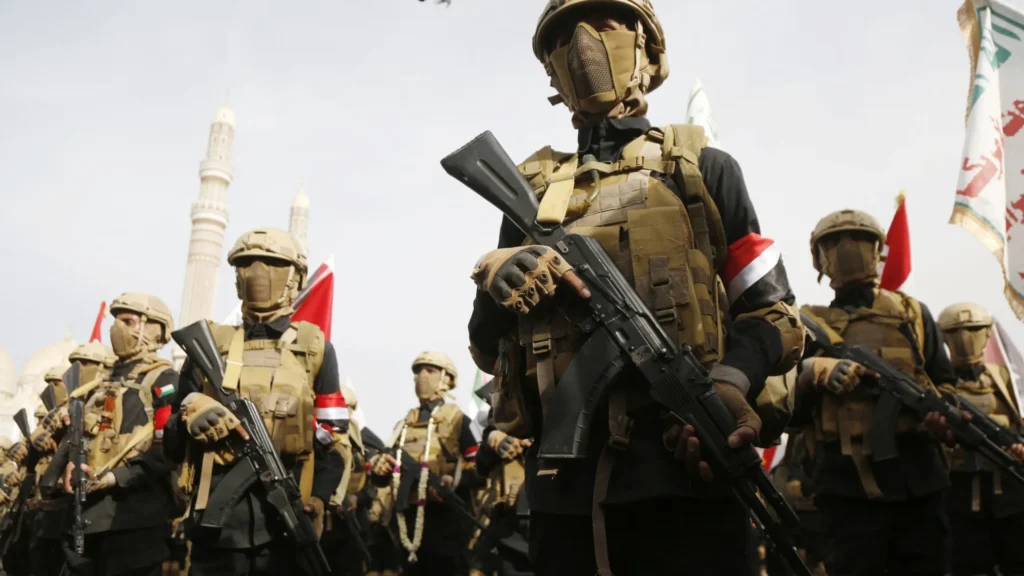Source: Reuters : U.S. Begins
What’s happening
On June 12, 2025, the United States began withdrawing non-essential personnel from key diplomatic and military posts in the Middle East due to escalating tensions with Iran. President Donald Trump confirmed the move, warning that the region “could be a dangerous place” and reiterated that Iran “can’t have a nuclear weapon.”
The U.S. State Department ordered the departure of non-emergency staff from Iraq and authorized voluntary departures from Bahrain and Kuwait. Some military dependents are also being allowed to leave, though key installations like Al Udeid Air Base in Qatar remain fully operational.
Why this matters
- Security Alert: While no specific threat has been publicly detailed, sources cite intelligence indicating heightened risk, possibly related to Iranian threats or Israeli preparations for a strike on Iranian nuclear facilities.
- Oil Prices React: News of the Baghdad embassy evacuation pushed oil prices up more than 4%, with Brent crude rising to $69.18 a barrel.
- Nuclear Deadlock: The U.S.-Iran nuclear negotiations are stalled, and President Trump signaled decreasing optimism. Meanwhile, Iran’s defense ministry warned of retaliation against U.S. bases if attacked.
Regional implications
- Iran’s U.N. mission stated on X that it is not pursuing nuclear weapons, accusing the U.S. of militarism.
- Tensions are especially high in Iraq, which hosts 2,500 U.S. troops and is caught between U.S. and Iranian influence.
- U.S. allies including Israel have struck Iranian targets in Iraq and Syria in recent months.
- Britain has also warned of increased risk to maritime shipping in strategic waterways such as the Gulf of Oman and the Strait of Hormuz.
In context
- This comes after months of drone and missile attacks by Iran-aligned militias on U.S. assets in the region, which have recently decreased but remain a concern.
- B-2 bombers and aircraft carriers had been deployed earlier this year in a show of strength but have since rotated out.
- Iran is expected to deliver a counter proposal in the next round of nuclear talks, but prospects remain bleak.
Bottom line
The U.S. is taking precautionary steps as diplomatic efforts with Iran falter and the risk of regional conflict grows. With tensions flaring and military options on the table, the Middle East faces a volatile summer – where even perceived threats can rattle global energy markets and shift geopolitical balances.
Read More : Stocks Dip, Dollar Slides as Trade and Geopolitical Tensions Rattle Markets .
